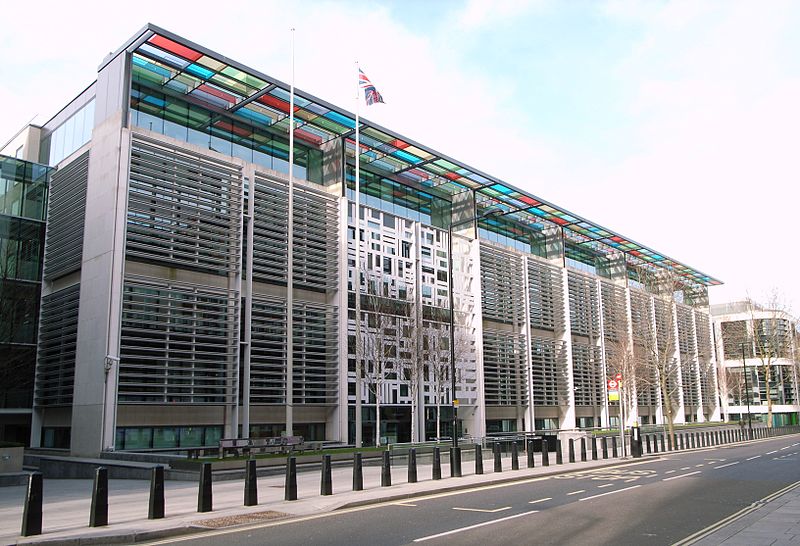
The Home Secretary has commissioned a review into activism and impartiality in the police.
In a letter to policing leaders, Suella Braverman set out her expectation that the police should focus on tackling crime, rather than being involved in political matters, and her intention to continue working with policing leaders to ensure that forces’ time is always spent on the public’s priorities.
The Home Secretary has commissioned His Majesty’s Inspectorate of Constabulary and Fire & Rescue Services (HMICFRS) to undertake a review of the extent to which involvement in such activities may be impacting on the effectiveness, efficiency and legitimacy of operational policing in England and Wales by influencing policing policy, priorities and practice.
The policing model in England and Wales, ensures that the police should, at all times, adopt a position of political neutrality.
In her letter to police chiefs, the Home Secretary praised forces for the hard work and dedication that they display every day, noting the extraordinary levels of bravery and commitment officers up and down the country show.
However, she highlighted cases where she believes public confidence had been damaged by police engaging in contentious issues. This includes policing gender-critical views on social media, conduct at political marches and officers taking the knee.
Home Secretary Suella Braverman said:
The British people expect their police to focus on cutting crime and protecting communities – political activism does not keep people safe, solve crimes or support victims, but can damage public confidence.
The review I’ve commissioned will explore whether the police getting involved in politically contentious matters is having a detrimental impact on policing. I will leave no stone unturned in ensuring policing acts for the benefit of the British public.
The HMICFRS review has been asked to cover:
-policies and processes that go further than, or contravene, obligations set out in the Equality Act 2010, and how those impact operational decision making
-the quality and neutrality of associated training provided to implement such policies and processes, and by which organisation(s) this is delivered
-the selection process for groups that are consulted on revisions to policy or process, how decisions are made on which policies and processes are selected for amendment, how the views expressed by those groups are balanced against others, and what consideration is given to other groups that may be impacted as a result
-the involvement of staff networks in the development of policies and processes, and the use of police resources and time dedicated to such networks and whether they are involved in contested political matters
-communications with the public on these issues, including social media
The Home Secretary has requested that the report is published by the end of March 2024, and is part of her drive to see more common sense policing that will see police spending their time wisely and getting the basics right.
The review is part of a series of measures announced by the Home Secretary to ensure the police are acting on the British people’s priorities, by giving them the resource they need and freeing up officers’ time.
This includes reforming Home Office Counting Rules for crime to reduce back-office paperwork, rolling out nationally Right Care, Right Person so police are not attending as many mental health callouts and recruiting 20,000 additional police officers through the Police Uplift Programme, meaning England and Wales now has record numbers of officers.
The commissioning letter to the HMICFRS is available here. Photo by Steve Cadman, Wikimedia commons.


































